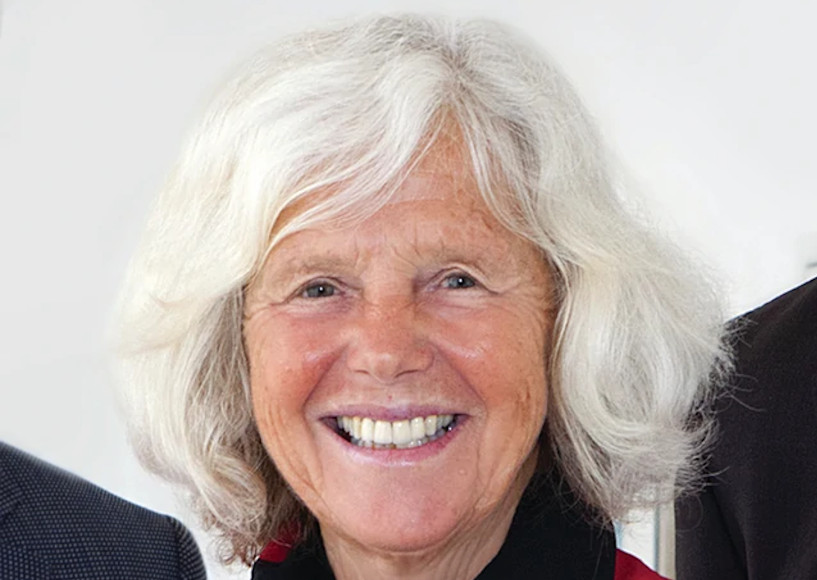
Fantasy as imaginative activity is…simply the direct expression of psychic energy which cannot appear in consciousness except in the form of images… (Jung, CW6, § 869). Contemporary dream researchers and neuroscientists support this statement of Jung – without mentioning him. But Jung’s ideas are underpinned by this more recent research. It becomes clear what important functionsdaydreaming and fantasizing have in regulating emotions, in mental disorders, in being creative, in planning the future, and finally also in postulating a continuum between daydreaming and night dreaming, and thus the handling of dreams. These studies shed new light on our various forms of imagination and challenge us to substantially deepen our Jungian understanding and practice of imagination.
About the speaker
Ph.D. in Psychology, studied Philosophy and Literature. She was a Professor of Psychology at the University of Zurich. Training analyst at the C. G. Jung-Institut Zürich and a psychotherapist in private practice. She lectures throughout the world and is the author of numerous successful books on psychological issues, among others, “A Time to Mourn” and “The Nature of Loving.” From April 2014 to March 2020 she was the President of C. G. Jung-Institut Zürich.
Watch the video:


